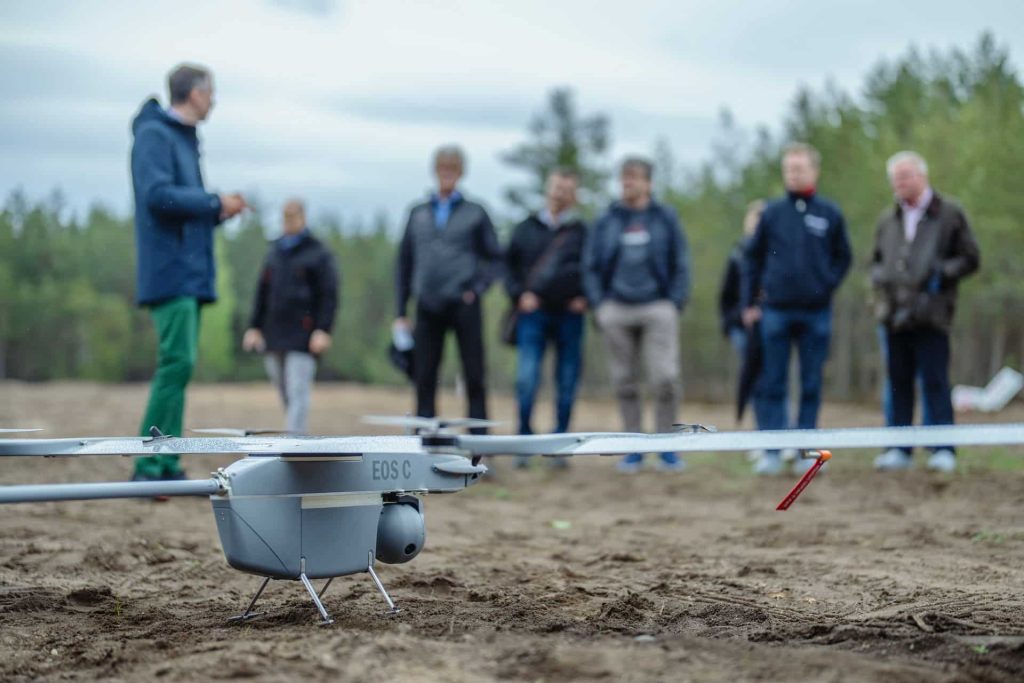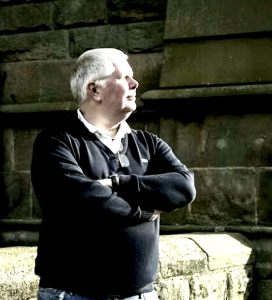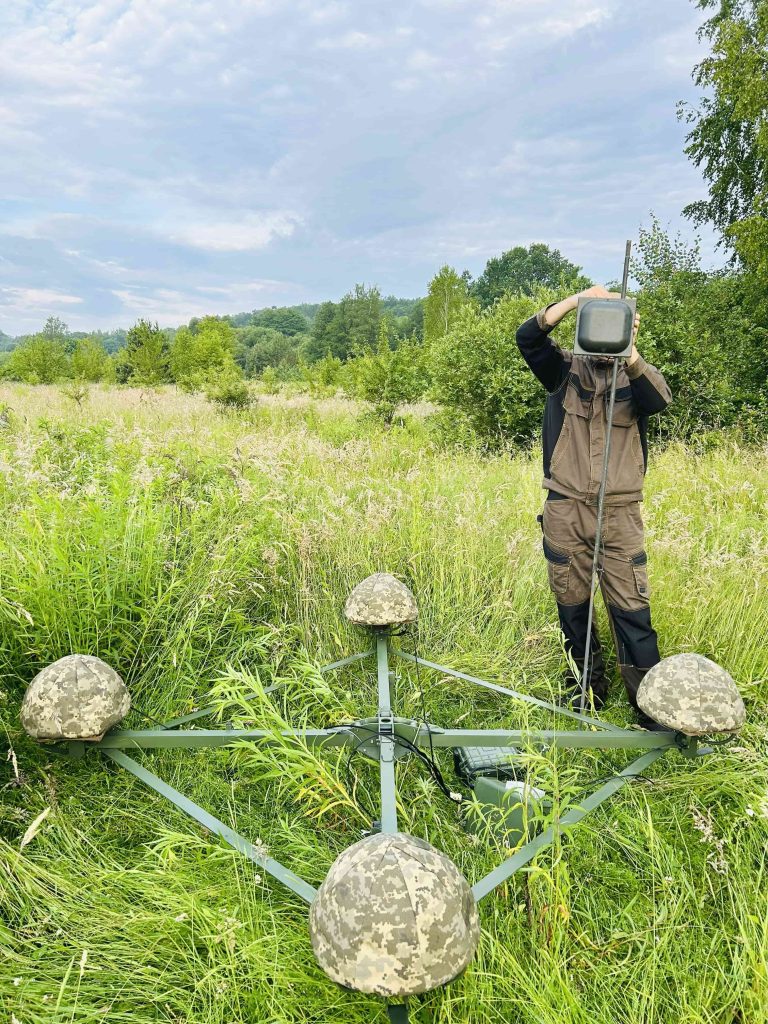defence tech in focus: estonia hosts its first defence week in 2025
Defence tech is evolving fast, and Estonia is emerging as one of its most dynamic hubs in Europe
What is defence tech?
This responsiveness is becoming Europe’s strength on the global stage. It matches cutting-edge science to real-time security challenges.
Estonia’s role in defence tech
Events like the Estonian Defence Week highlight this positioning.
Alex explained why BeesAgainstMines chose Estonia as its base through the e-Residency programme:
For a company dealing with AI and detection technology, data security was decisive.
Growth opportunities for defence tech companies
“There’s always interesting investor news and activities going on at these events too,” he reflected.
“But thirdly, I hope that this week we will be able to meet some of the Estonian military directly.”
Because technology, in acoustic detection as everywhere else, moves fast, they face constant competition.
e-Residency for defence tech startups
Through e-Residency, defence tech startups can:
FAQ: Estonian Defence Week 2025
What is Estonian Defence Week?
Why is Estonia hosting Defence Week now?
What trends will be highlighted at Defence Week?
Who should attend Defence Week?
How does e-Residency connect to Defence Week?
More from e-Residency
- Sign up for our newsletter
- Watch fresh video content - subscribe to our Youtube channel
- Meet our team and e-residents - register for our next Live Q&A




